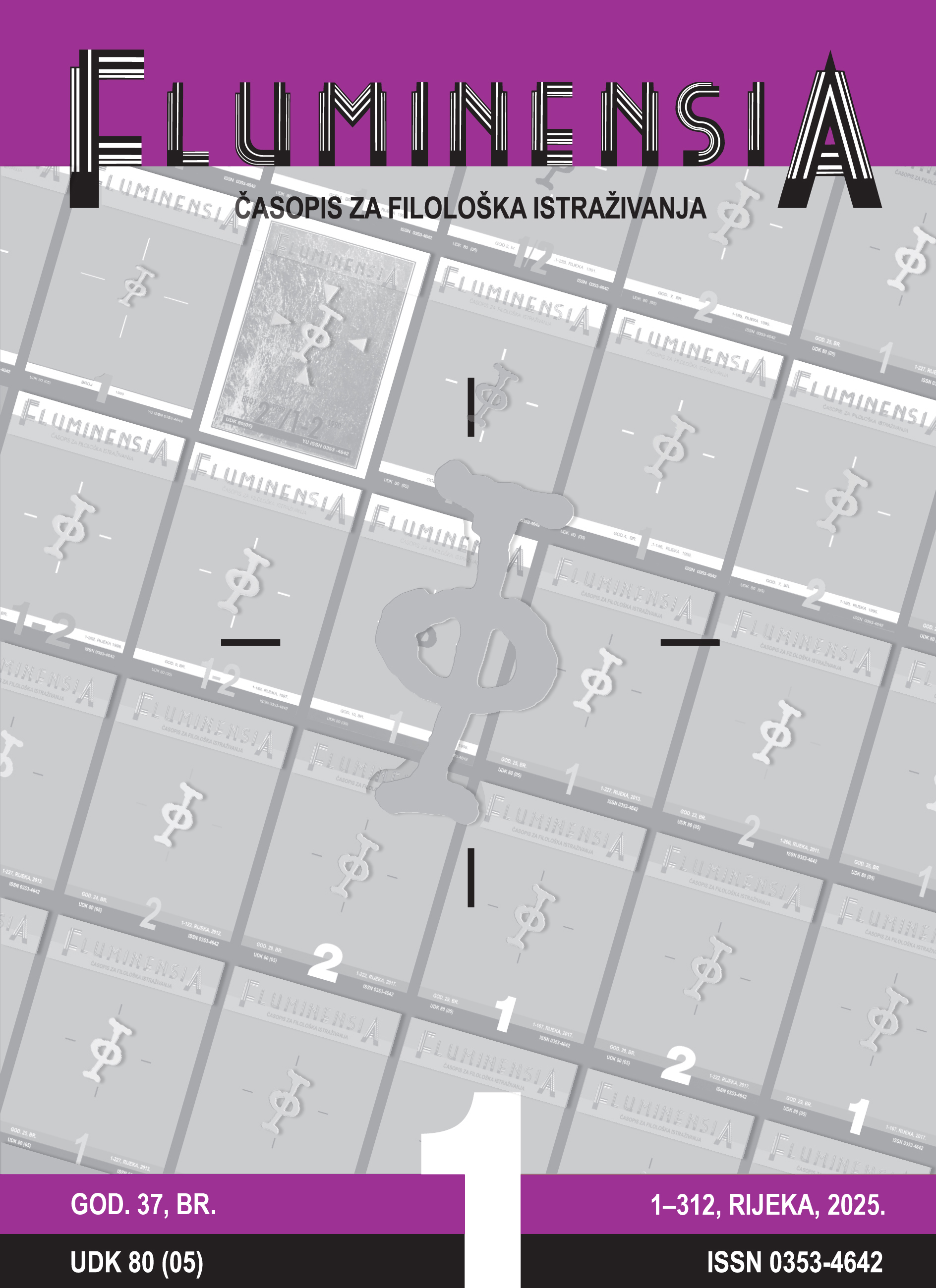Finno-Ugric Lexical Borrowings in West Baltic Languages
Keywords:
Baltic; borrowings; Finno-Ugric; language contact; Old Prussian; substrate; YatvingianAbstract
The paper discusses 27 West Baltic words suspected of being borrowed from a Finno-Ugric source. Five lexical items are evaluated negatively, while several further proposals are considered uncertain. Numerous words are verified as Finno-Ugric loanwords. Among them one can distinguish physiographical terms, e.g. OPrus. jūrī ‘sea’ (← FV. *järwä ‘lake, sea’); OPrus. *salavō ‘island’ (← FU. *salaw ‘island; dry place in the swamp’ < Ur. *sala), as well as trees and plants, e.g. OPrus. kadegis ‘juniper’ (← BFi. *kataŋa ‘id.’ ← Ur. *kača ‘resin’); OPrus. malko ‘wood’ (← FU. *malka ‘a species of willow’, secondarily ‘willow stick’); Yatv. sini pl. ‘mushrooms’ (← BFi. *sēne ‘mushroom’ < FU. *ćänä ‘bracket fungus’). There are also lexical units denoting animals, meat and skin obtained from them, e.g. OPrus. sylecke ‘Baltic herring’ (← *siläkkä ‘id.’ ← Ur. *śilä ‘fat’); OPrus. kaywe ‘mare’ (← BFi. *kēwe ‘female horse or reindeer’ < Ur. *käδ́wä ‘female animal’); Yatv. fała ‘meat’ (← FU. *pala ‘bite; to eat’); OPrus. pusne ‘(knee-high) boot’ (← FU. *pučni ‘shoe upper’ < Ur. *ponči ‘hide on reindeer’s leg’). Intensive linguistic contacts between the Western Balts and an unknown people of Finno-Ugric origin are strongly confirmed by verbal forms, e.g. Yatv. wał ‘was’ (← FU. *wol- ‘was’); Yatv. wa ‘it is necessary’ (← BFi. *wajagɜ ‘id.’).

